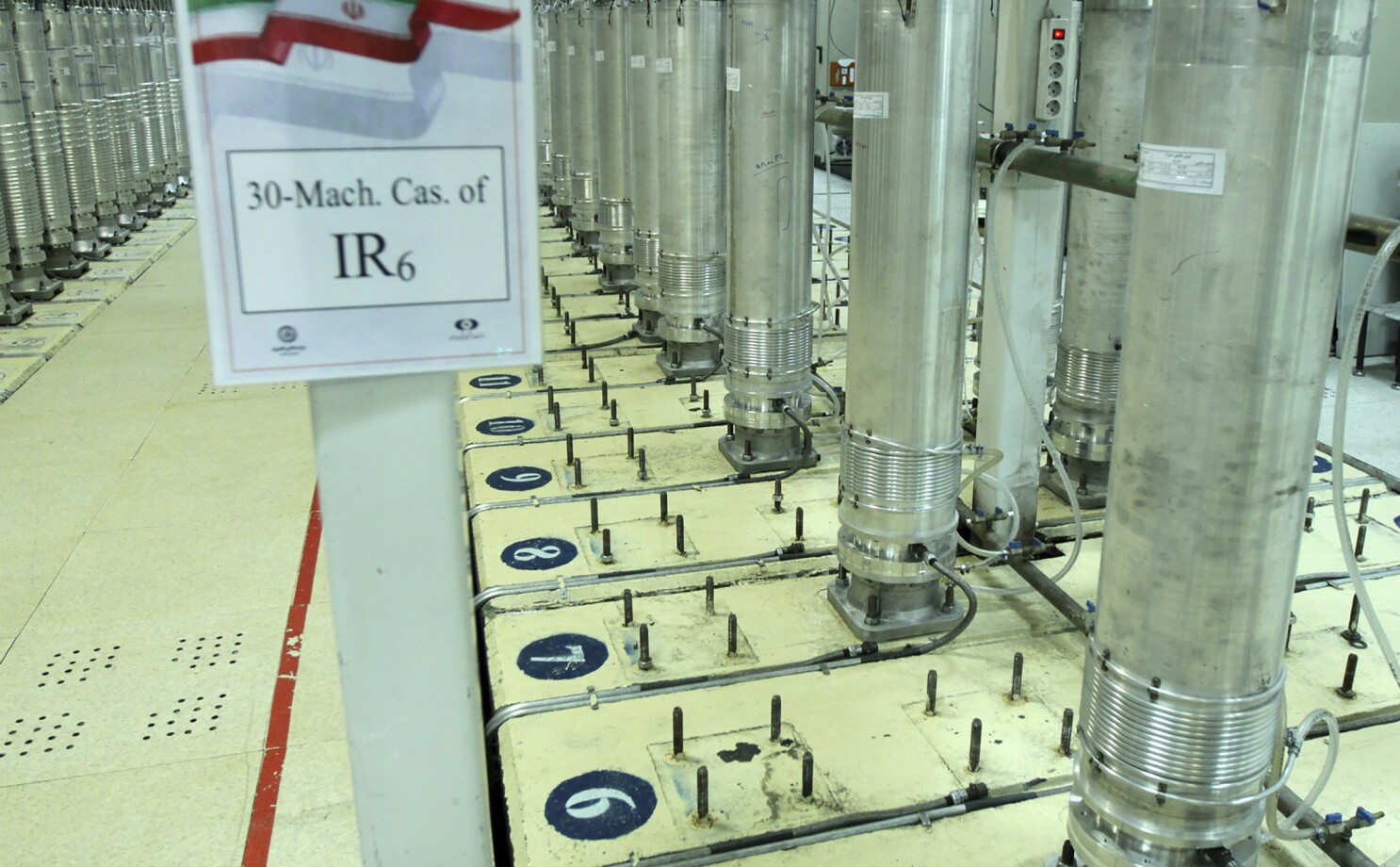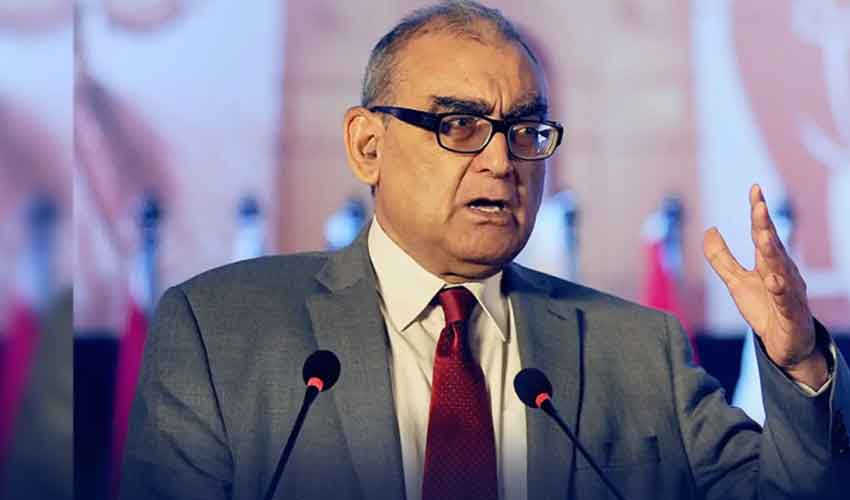WORLD NEWS

A bomb attack targeting an Iranian nuclear facility has been successfully thwarted, according to reports from Russia’s state news agency TASS. The device, which had been planted on a gas centrifuge platform used for uranium enrichment, was deactivated before it could cause any damage. Iranian Vice President Javad Zarif confirmed the foiled attack, revealing that the bomb was discovered and neutralized in time.
In his statement, Zarif subtly implied Israel’s involvement in the operation. He described how the bomb, intended to damage critical nuclear infrastructure, was likely part of a broader strategy to weaken Iran’s nuclear capabilities. Zarif drew parallels to similar incidents, mentioning the use of "pager explosions" in Lebanon, which had previously been linked to Israeli operations.
Zarif discussed the broader context of such attacks, highlighting how international sanctions have forced Iran to operate in a restricted market, often relying on third-party suppliers for critical equipment. This, according to Zarif, creates vulnerabilities that adversaries like Israel can exploit. "If Israel enters the supply chain, it can do whatever it wants and install whatever it wants," he explained. Zarif cited the example of a centrifuge purchased by the Iranian Atomic Energy Organization, which was found to have explosives installed inside it—an issue discovered by Iranian experts.
The Vice President also noted that the sanctions Iran faces have resulted in both financial losses and significant security risks. The sanctions make it difficult for Iran to purchase goods directly from manufacturers, forcing them to rely on third-party suppliers that may be compromised.
Though Zarif did not provide specific details about the timing of the foiled attack, he underscored the ongoing threat posed by such sabotage attempts. The incident adds to a series of escalating tensions in the region, with Iran facing both external pressures and internal challenges linked to its nuclear program.
It is important to note that this incident comes on the heels of the deadly pager explosions in Lebanon on September 17, 2024, which claimed the lives of 12 individuals and injured thousands more. These explosions were followed by a series of bombings involving mobile phones and walkie-talkies, leading to further casualties. The Lebanese resistance group Hezbollah has blamed Israel for these attacks, a claim that was later corroborated by the Israeli Prime Minister, who took responsibility for the operations.




